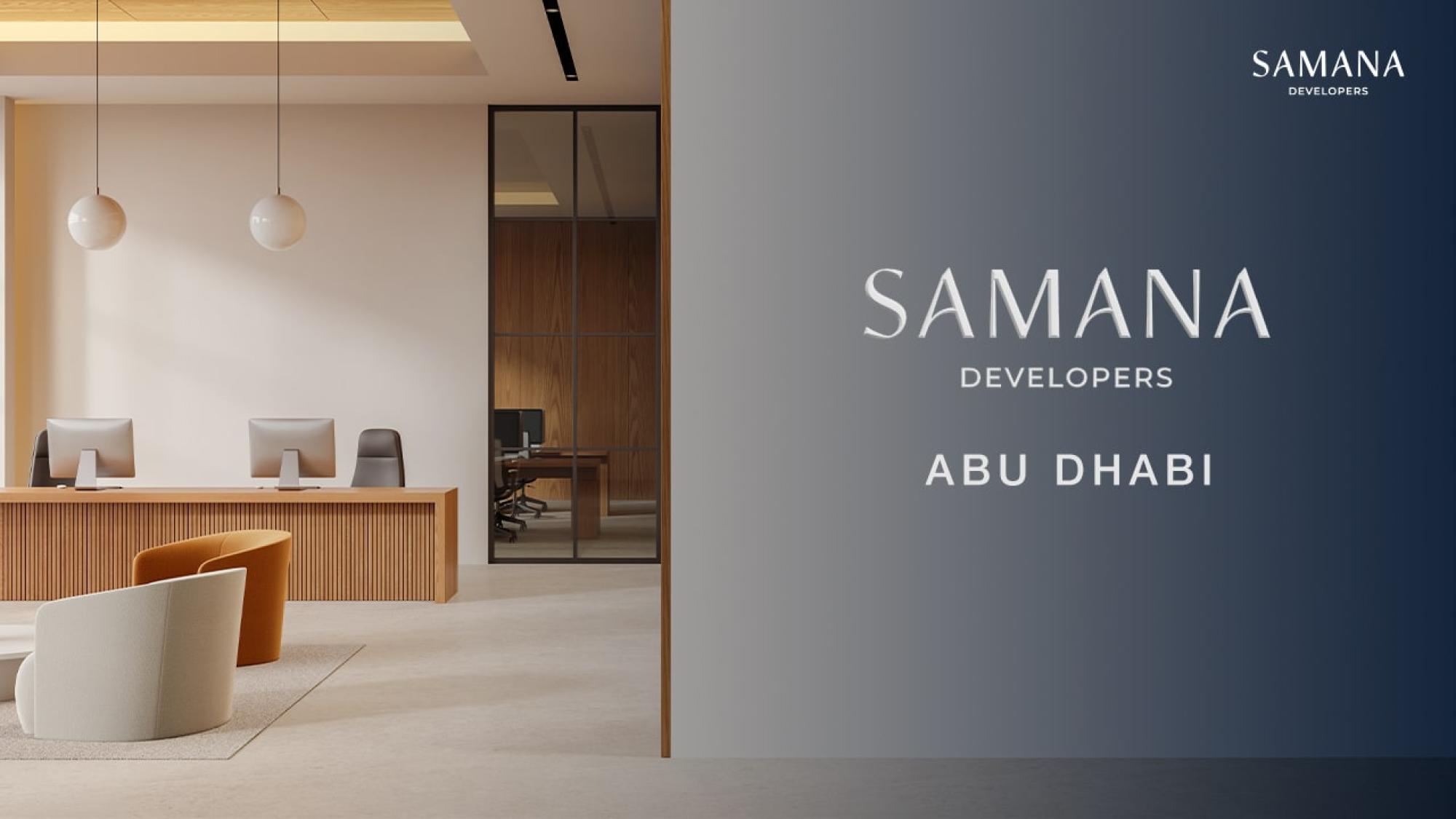Foreign Guide: Navigating Property Ownership in the UAE

Investment in UAE Property can be a lucrative opportunity even if you are a foreigner. But it's crucial to understand the complexities involved in this endeavor. The UAE has a unique real estate market that has strict regulations and varying ownership structures. That’s why in this article we will guide you through the key issues of property ownership in the UAE as a foreigner.
Intricacies of property ownership in the UAE
The UAE has a unique government structure; it is a federal state that is comprised of seven Emirates: Abu Dhabi, Dubai, Sharjah, Ajman, Umm Al Quwain, Ras Al-Khaimah, and Fujairah. Each of these Emirates has its own set of laws and regulations governing property ownership.
Freehold properties in Dubai
Freehold properties are most prominently located in Dubai. The ownership of these freehold properties is granted by the developer through the government. This allows the owner to have the right to own the property without any restrictions. These freehold properties are highly sought-after because of their long-term rental yields and potential for capital appreciation.
To get a updated list of freehold areas in Dubai, please consult the Dubai Land Department.
The investment potential of Freehold properties in Dubai
Dubai’s freehold property market presents a very lucrative investment opportunity according to a report by Knight Frank, Dubai’s prime residential property prices are expected to go up by 5% in 2024.
Leasehold properties
These properties can be purchased by foreigners, which grants them exclusive rights to use the property for a set period, ranging from 25 to 99 years, but the ownership of the land remains with the government.
Benefits of Property Ownership in Dubai
- Tax Haven: Dubai has no income tax, no property tax, and no capital gains tax, this means you get to keep what earn through your investment.
- Strong Rental Yields: The rental market of Dubai is very strong and generates very high consistent income.
- Capital Gain: Dubai’s property market has a strong history of steady growth and the stats show an upward trend in future growth. This offers the potential for long-term capital gains
Foreigner’s guide to buying property in UAE.
- Visa requirements: As a foreigner, you’ll require a residency visa to own property in the UAE. You can explore options like an investor visa which is linked to a property purchase of a specific value.
- Appoint a reputable real estate agent: It is crucial to properly handle the legalities of property ownership. To ensure that the transaction is smooth and secure it is advised that you hire a licensed real estate agent.
- Due Diligence: It is of utmost importance that you conduct proper research about the property, the developer, and the surrounding area of the property, along with information about rules and regulations regarding real estate.
- Legal Considerations: It is also a very good ideato obtain the services of a lawyer who has expertise in real estate legalities such as the registration process and property ownership structures.
- Financing Options: there are many mortgage options offered by the local banks. A foreigner can secure financing of up to 95% of the Property value. But again, to be eligible to apply for the mortgage, a foreigner has to secure the residence visa first.
Conclusion:
Investing in UAE property market offers a combination of lifestyle improvement and financial gain. It also gets you a foothold in one of the most dynamic business regions in the world. If you understand the ownership structure of UAE property and the crucial steps of investment and the opportunities it offers, you can confidently navigate this market and reap the amazing benefits.
Remember: This article only provides information about foundational concepts, you are advised to seek professional help for specific legal and financial advice.




